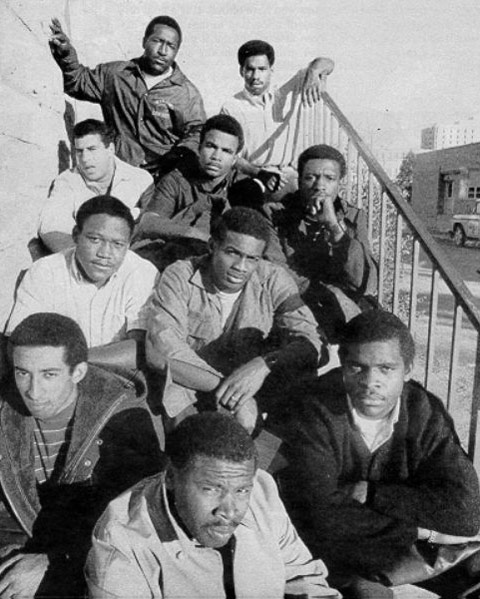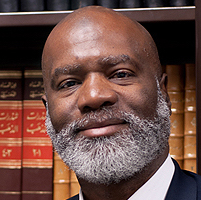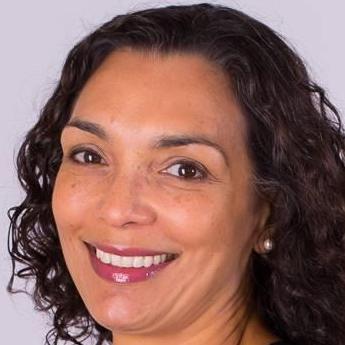
In October 1969, 14 Black students at the University of Wyoming were thrown off the university’s football team. They had asked head coach Lloyd Eaton if they could participate in a campus demonstration protesting prohibitions against the participation of African Americans in the Mormon Church. Brigham Young University, owned by the Church of the Latter-Day Saints, was coming to Laramie, Wyoming, the next day for a football game. They had hoped to wear the armbands during the football game to protest the racial slurs and cheap shots they said they endured during the game at Brigham Young University the previous year.
The coach immediately threw the 14 Black players off the team because they had violated a team rule about participation in protest demonstrations. The players later met with the athletic director, the board of trustees and the governor of Wyoming. A statement was released just hours before the game that stated that the players “will not play in today’s game or any during the balance of the season. The dismissals result from a violation of a football coaching rule Friday morning.”
The players later stated that they would have played in the game without wearing the black armbands and had only asked the coach for permission to wear them.
Now 50 years later, the University of Wyoming has issued a formal apology to the 14 players. Only 11 are still alive. Eight came to campus to be honored at halftime of a football game and at a dinner in the Stadium Club. In a letter of apology university officials wrote: “Please accept this sincere apology from the University of Wyoming for the unfair way you were treated and for the hardships that treatment created for you. Not to be heard, to be shunned, and to have your collegiate careers derailed as both students and athletes is a tragedy. Unfortunately it continued beyond your time here.”
The university also unveiled a plaque on the side of the football stadium honoring the Black 14.










Dear Readers:
The University of Wyoming was only one of many places where African American athletes had their constitutional rights violated especially after Smith and Carlos’ demonstration in Mexico City. It is a situation that deserves a much deeper look. Wyoming stands out because all of the black players were purged, but there also numerous individual who were purged from athletic departments across the USA.
I’m glad this occurred, finally
Good enough, albeit MUCH too late in coming. You know, if predominantly white institutions across the board would deign apologize for the all the wrongdoings and illegalities perpetrated against Afro-Americans committed over the centuries, the economy would necessarily come to a standstill, as there’d be no time for any other endeavors.
WOW! It took 50 years for them to get the nerve to apologize! I guess better late than never. In the meantime, 14 young lives were uprooted.